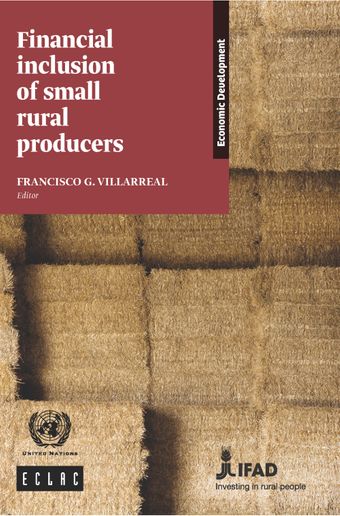Recent developments, current situation and prospects for financial inclusion among small-scale rural producers in Costa Rica

- Authors: José Antonio Vásquez R., Melvin Bermúdez, Ronald Rojas and José Antonio Vásquez C.
- Main Title: Financial Inclusion of Small Rural Producers , pp 55-79
- Publication Date: May 2018
- DOI: https://doi.org/10.18356/07aabd3e-en
- Language: English Spanish
In Costa Rica, efforts to increase the supply of credit to small-scale producers in rural areas have historically gone hand in hand with the development of public banks. Rural credit boards, sponsored by the National Bank of Costa Rica since their inception, and the nationalization of banks since 1948, laid the foundations for financial inclusion. This was achieved through credit targeted on agricultural production and the opening of bank branches virtually throughout the country. The transition from an agro-export development model to a model based on exports of services and manufacturing resulted in a steady decline in lending to small-scale rural producers and thus undermined the process of financial inclusion from which they had benefited for many years with these instruments.
-
From This Site
/content/books/9789210586115c007dcterms_title,dcterms_subject,pub_keyword-contentType:Journal -contentType:Contributor -contentType:Concept -contentType:Institution105



